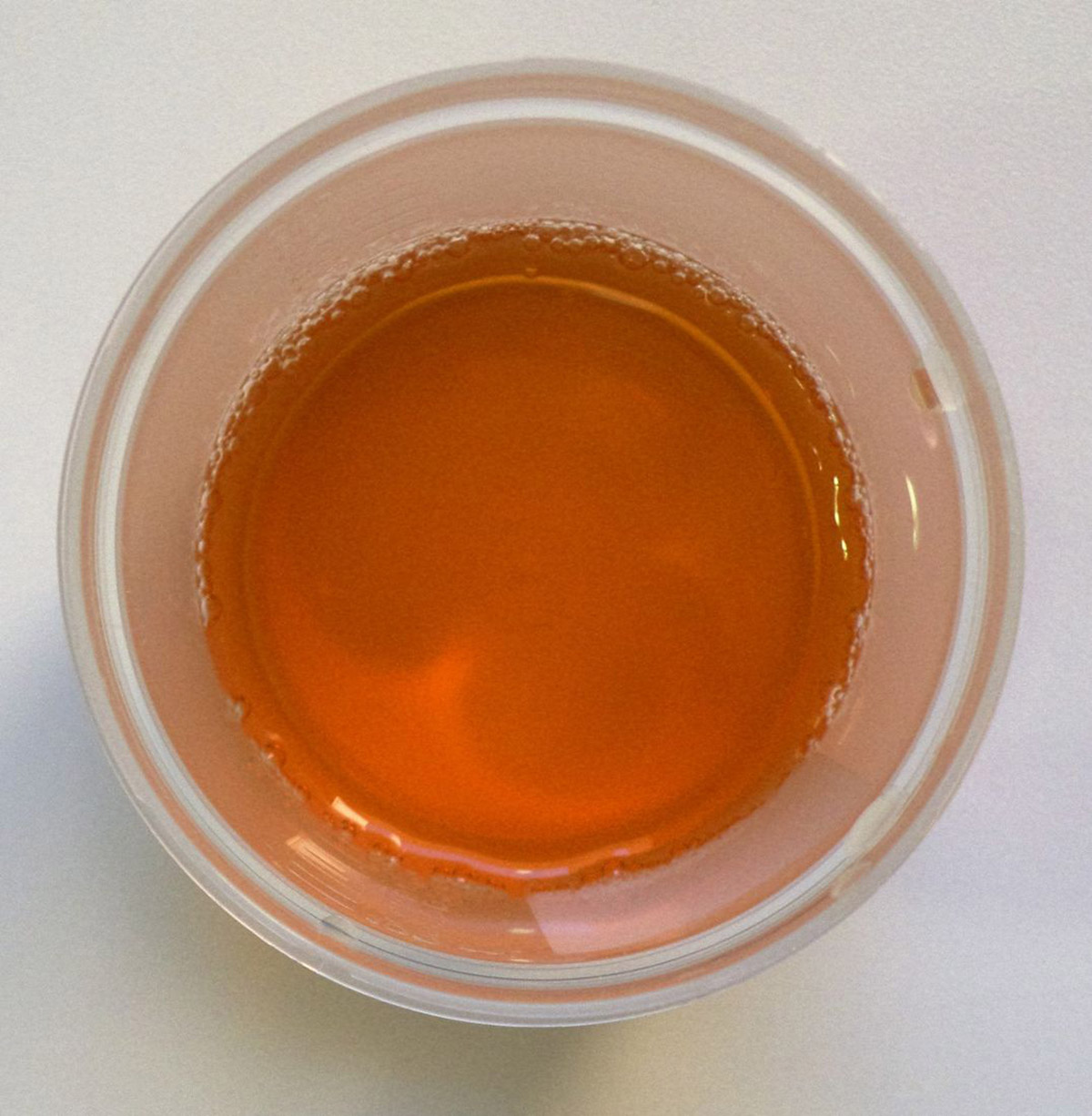
Dehydration in Elderly
In elderly people it may be difficult to recognize symptoms of dehydration. Still, this condition is rather serious since elderly people usually suffer from accompanying medical conditions and dehydration can lead to serious complications. Elderly people are more susceptible to dehydration comparing to other age groups.
As in every person dehydration in elderly occurs either due to insufficient intake of water or increased loss of water. In elderly people severe dehydration can be life-threatening and worsen already existing medical conditions.
Symptoms of Dehydration in Elderly
Dehydration may be classified into two groups, mild and severe dehydration.
Symptoms of mild dehydration in elderly people include increased thirst, dry mouth, low urine output, muscle weakness, nausea and vomiting. Furthermore, patients may complain about tingling sensations in the limbs and they may even develop increased body temperature.
In severe dehydration apart from the previously mentioned symptoms there are increased heart rate, breathing difficulty, blurred vision, chest, and abdominal pain. Some patients may develop seizures and they may even lose consciousness.
Apart from the typical symptoms of dehydration there are several more symptoms which may point to the presence of dehydration in elderly people. They include confusion, disorientation, sunken eyes, constipation, loosened skin, low blood pressure and urinary tract infections. And finally, dehydration in elderly people may aggravate some of the already existing medical conditions.
Elderly people are prone to dehydration and this occurs due to low intake of water which commonly accompanies reduced intake of food. Sometimes they even forget to drink sufficient amount of water. Certain medications can also lead to increased elimination of water and this requires increased intake of water or other fluids.
Treatment for Dehydration in Elderly
If there are typical signs of dehydration the diagnosis can be easily set. Still, atypical symptoms such as constipation and confusion may be incorrectly connected to the age of the patients rather than to dehydration. This is why doctors perform thorough physical examination and tests. They will help in definitive setting of the diagnosis.
The treatment depends on the severity of dehydration. The goal of the therapy is to rehydrate the patient with lots of fluids. If patients can drink they take water and fluids orally. If dehydration is severe and causes vomiting fluids can be administered intravenously. Elderly people who are suffering from extreme cases of dehydration require hospitalization. In hospital these patients are given fluids intravenously and are monitored for potential complications such as arrhythmia and the like.


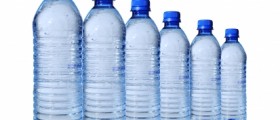

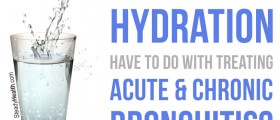




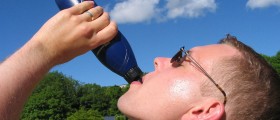




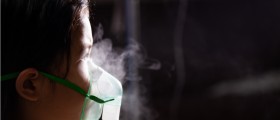


Your thoughts on this
Loading...